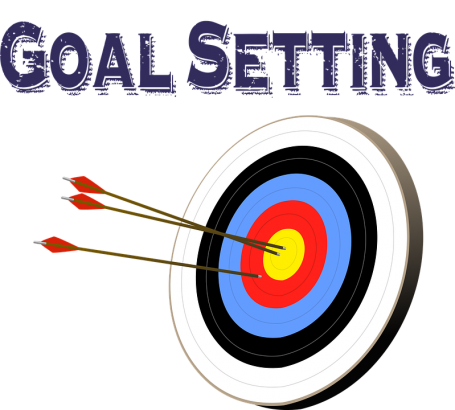Setting NDIS goals: What they are and why they matter
As part of your NDIS journey, you’ll meet with your local area coordinator or Support Coordinator to create short-term, medium-term, and long-term goals. All goals should focus on what you want to achieve - the only difference between the three is the timeframe.
For example, a short-term goal is something that you hope to achieve within a year, whereas long-term goals could take multiple years to reach.
Goals are necessary in NDIS because they help determine what funds and supports you will receive. Additionally, they’re essential for personal growth and development. Expect your goals - and the supports and funding that go along with them - to change over time. This is natural since you’re progressing.
How to set and write goals
Your goals should be specific, measurable, and time-bound. We can see all these elements in a simple example: “I want to shower without assistance within the next year.”
This goal is specific; if you set this goal we would know that you want to shower without help. It’s also measurable - you can track the times that you shower with assistance and the times when you’re able to shower on your own. Finally, it’s time-bound, you know that you want to achieve the goal within 12 months.
Lastly, your goals should be important to you. Don’t feel pressured to set goals based on others’ expectations or desires. Instead, think about what matters in your life. Do you want more independence? Are you concerned about health, fitness, or your lifestyle? Is education important to you? No matter what your priorities are, set goals that reflect them.
3 additional NDIS goal-setting tips
Remember, your goals are central to your NDIS plan. Your funding and supports will revolve around the goals that you set. At the same time, you have flexibility to reassess and change your goals over time. Don’t stress if you can’t immediately think of things that are important to you. Here are a few tips for figuring out your goals:
- Think about where you want to be in life
We are all on unique journeys in life. Our journeys define what’s important to us and help us choose where to spend time, resources, and energy. As you set NDIS goals, think about the different areas of your life. You might write down separate categories and list things that are important to you in each one.
For example, you could have a “family” category where you note that it’s important to spend quality time with your siblings, or an “education” category where you express that you’d like to learn to play an instrument. List as many categories and ideas as you can think of. You can start broad and narrow your list from there.
- Create a mix of short- and long-term goals
If you set too many short-term goals, you may end up feeling overwhelmed. On the other hand, with too many long-term goals, it may feel as though months go by without much progress on any specific goal. Setting a mix of objectives is helpful for creating balance. The same principle applies to types of goals - avoid overloading categories. Instead, spread goals across various categories so that you have a mix of things to work toward.
- Break goals into smaller pieces
Even short-term goals can feel daunting depending on your starting point. To reach any milestone, you need to create a roadmap for getting there. Breaking down NDIS goals helps you understand what supports you might need along the way to your final destination. In the shower example above, you could set small milestones along the way, such as spending 3, 5, or 10 minutes in the shower on your own. Track and celebrate each milestone so that you can see your progress.
How All Disability can help with your NDIS goals
All Disability offers NDIS plan management services to help you reach your NDIS goals. Once you’ve determined your NDIS goals, All Disability Plan Management can manage the financial aspects of your plan to verify that you have the supports and funding that you need. Additionally, we regularly provide detailed reports so that you know how your funds are being used.
Our services come at no cost to you since they’re included in your NDIS funding. Contact us today to learn more about what we offer.
If you’d like additional goal-setting help, visit the NDIS website.
Watch one of our members, Braydon, talking about his NDIS journey and how he’s achieving his goals:




